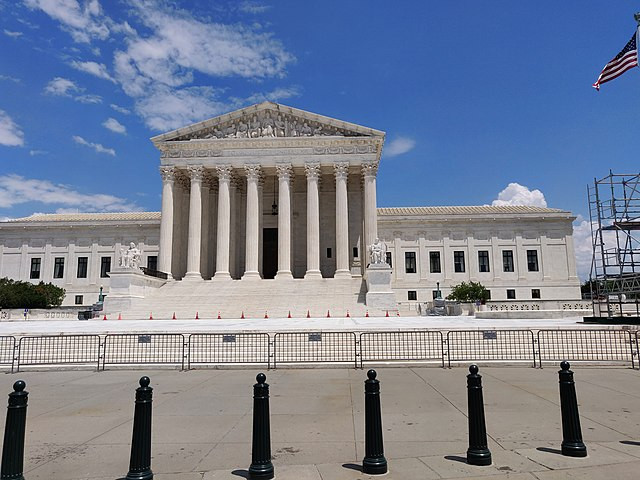The Supreme Court on Tuesday appeared inclined to side with the Food and Drug Administration (FDA) in a case challenging the agency's approval and subsequent actions related to the abortion pill mifepristone. During oral arguments, the justices focused heavily on whether the group of anti-abortion doctors and medical associations that filed the lawsuit had demonstrated the proper legal standing to sue in federal court.
At the heart of the case, known as FDA v. Alliance for Hippocratic Medicine, is the FDA's 2000 approval of mifepristone and its more recent actions in 2016 and 2021 that made the medication more accessible. These changes included allowing the pill to be taken later into a pregnancy, reducing in-person doctor's visits, and permitting the drug to be delivered by mail.
Solicitor General Elizabeth Prelogar argued that rolling back the FDA's actions would "inflict grave harm on women across the nation" and stressed that this case marks the first time any court has restricted access to an FDA-approved drug by second-guessing the agency's judgment on safety conditions.
Several justices, including Sonia Sotomayor, Amy Coney Barrett, and Elena Kagan, questioned whether the doctors who filed the lawsuit could show they would be harmed by the FDA's rules for mifepristone. Justices Neil Gorsuch and Ketanji Brown Jackson also expressed concerns about the reach of a decision that would roll back the FDA's changes nationwide, with Jackson noting a "significant mismatch" between the claimed injury and the sought remedy.
During the arguments, the 19th-century Comstock Act, which prohibits the mailing of any drug that can be used for abortions, resurfaced as a potential factor in the case. Conservative Justices Samuel Alito and Clarence Thomas both referenced the law, with Alito arguing that it is a "prominent provision" and not "some obscure subsection of complicated obscure law."
Solicitor General Prelogar countered that the Comstock Act's provisions wouldn't have been factored into the FDA's decision to approve mifepristone, as only safety and efficacy concerns should be considered when debating restrictions.
If the court does reach the legal issues raised in the case, the Justice Department and Danco Laboratories, the maker of the brand-name version of mifepristone, have urged the justices to find that the FDA's actions were lawful. They argue that the agency relied on a "voluminous body of medical evidence" when determining that the changes would be safe.
Pharmaceutical companies and former heads of the FDA have warned that a decision upholding the lower court's ruling threatens to undermine the agency's drug-approval process and could lead to persistent legal challenges of its approval decisions. They argue that such uncertainty would threaten incentives for drug companies to invest in developing new drugs and ultimately hinder patients' access to critical remedies.
On the other hand, the medical associations and their members opposing abortion rights argue that the FDA failed to give a "satisfactory explanation" for its decision to lift the in-person dispensing requirement and called the studies the agency relied on "deeply problematic."
Access to mifepristone has remained unchanged while legal proceedings continue, as the Supreme Court issued an order last April preserving its availability until a decision is handed down, expected by the end of June. The case comes less than two years after the court overturned Roe v. Wade and on the heels of new findings showing a rise in medication abortions in the U.S. since that landmark decision.






